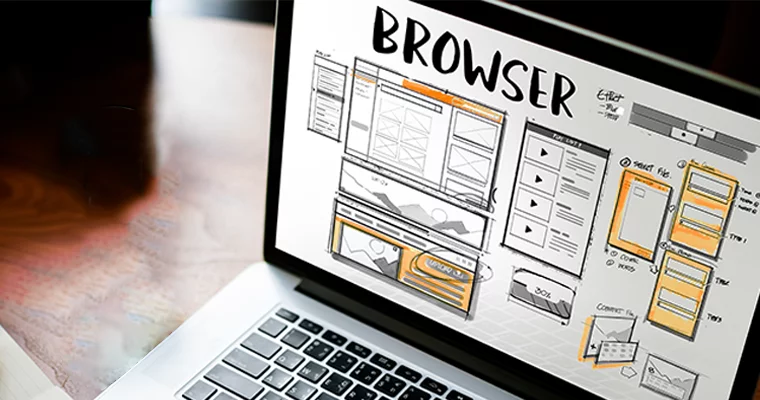Introduction
In the realm of digital technology, website design, development, and the world of web applications and Content Management Systems (CMS) like Joomla and WordPress are fundamental concepts. While these terms are often used interchangeably, they each hold a unique place in the broader picture of creating a web presence. Let's explore these different facets to better understand their roles and differences.
Website Design vs. Website Development
Website design and website development are two halves of the same coin that form the complete website creation process.
Website Design is akin to an architect sketching a blueprint. This aspect deals with the look and feel of the website, focusing on user experience (UX) and user interface (UI). Designers think about how users will interact with the website and craft an aesthetic, functional, and intuitive layout that is easy to navigate.
Website Development, on the other hand, is like the construction team that brings the architect's blueprint to life. Developers use coding languages like HTML, CSS, JavaScript, and others to make the designer's vision a reality, focusing on the functionality and structure of the website.
Web Applications and CMS: The Big Players
With the basics of website creation covered, let's move onto the broader scope of Web Applications and CMS.
Web Applications are interactive, software-like websites that perform specific functions. These may range from social networking sites, like Facebook, to productivity tools, like Google Docs. Web applications are typically built using complex code and may incorporate various technologies depending on their function and the developer's preferences.
Content Management Systems (CMS), such as Joomla and WordPress, are a type of Web Application designed specifically to manage and publish web content, making website creation more accessible to people without coding knowledge. These platforms provide pre-designed themes and plug-ins, allowing users to create, customize, and manage their websites with ease.
Joomla vs. WordPress
Both Joomla and WordPress are powerful CMS platforms, each with its unique strengths.
Joomla provides a robust and flexible system with more built-in features out of the box than WordPress. It's versatility makes it ideal for a wide variety of websites, including e-commerce, social networking, and small business websites. Its user management and multilingual support are standout features that can be a boon for businesses planning to scale globally.
WordPress, on the other hand, is known for its simplicity and extensive customization options. It's a platform that accommodates users ranging from beginners to advanced developers, thanks to its intuitive interface and thousands of available themes and plugins. WordPress is extremely popular and can be a great choice for various types of websites, including blogs, news or magazine sites, and indeed, small business websites.
Conclusion
In essence, website design and development form the backbone of website creation, focusing on aesthetics and functionality, respectively. Web Applications and CMS provide the platforms and tools needed to bring this process to life. Whether you choose a comprehensive platform like Joomla or a highly customizable one like WordPress, your choice should align with your website's needs, your technical prowess, and your envisioned growth.


